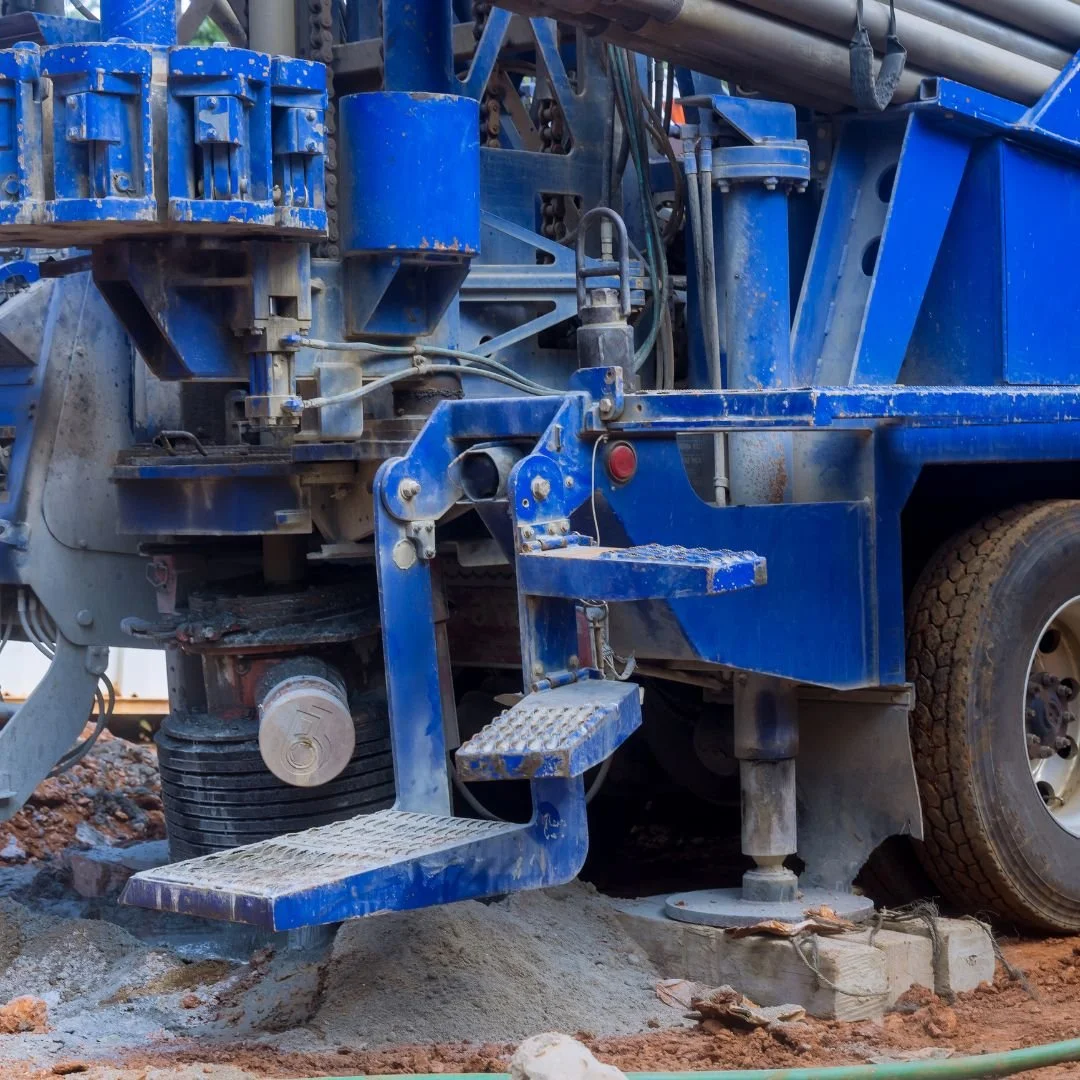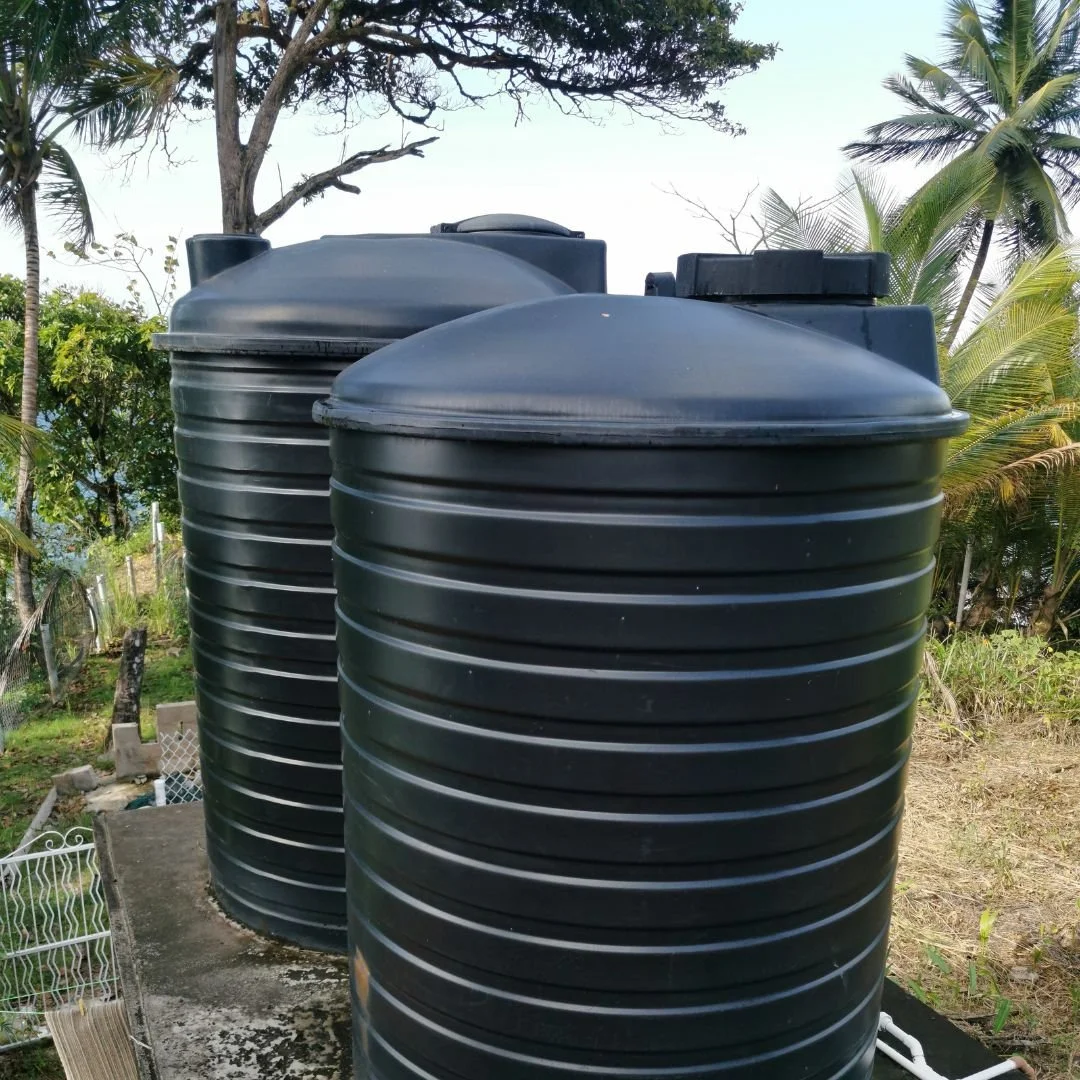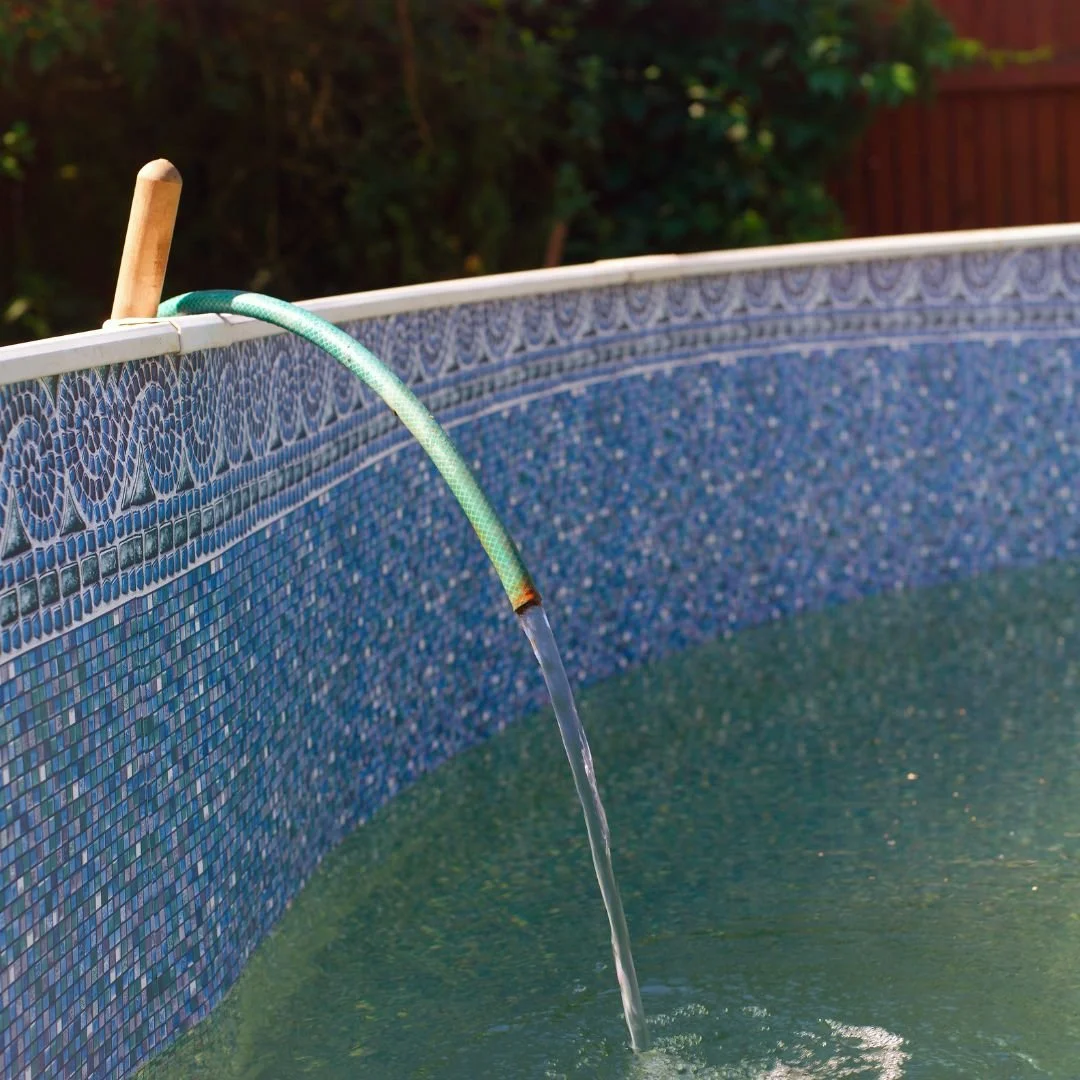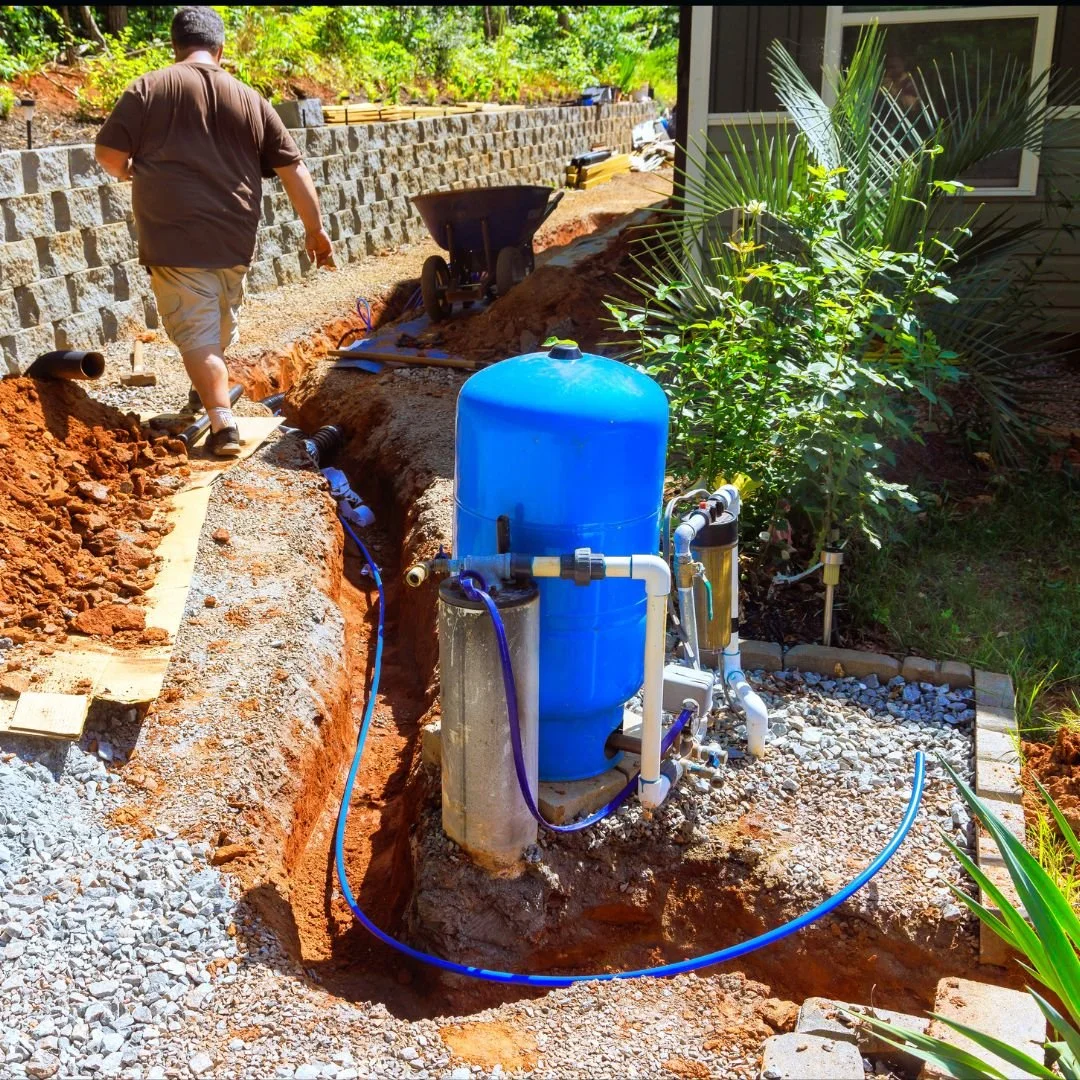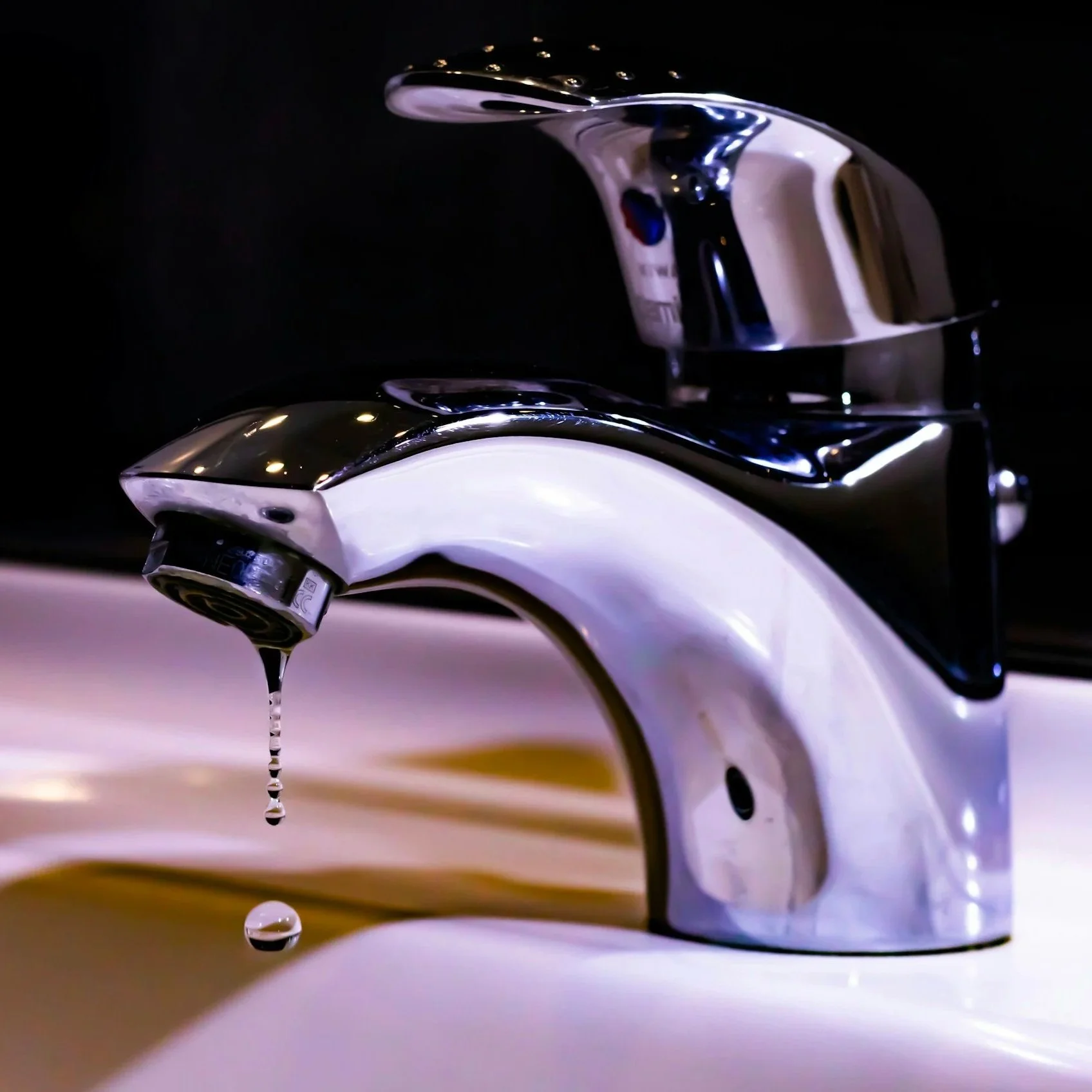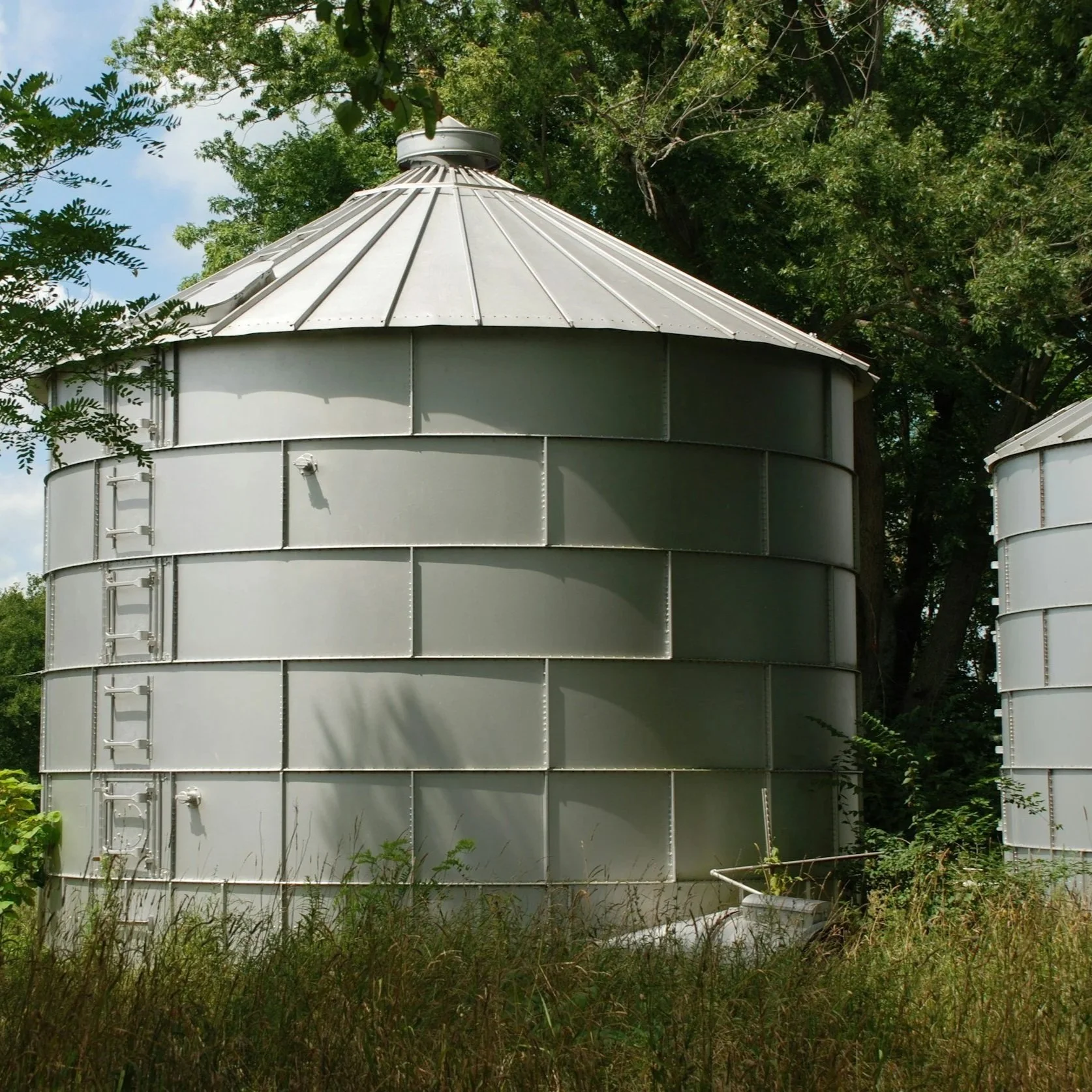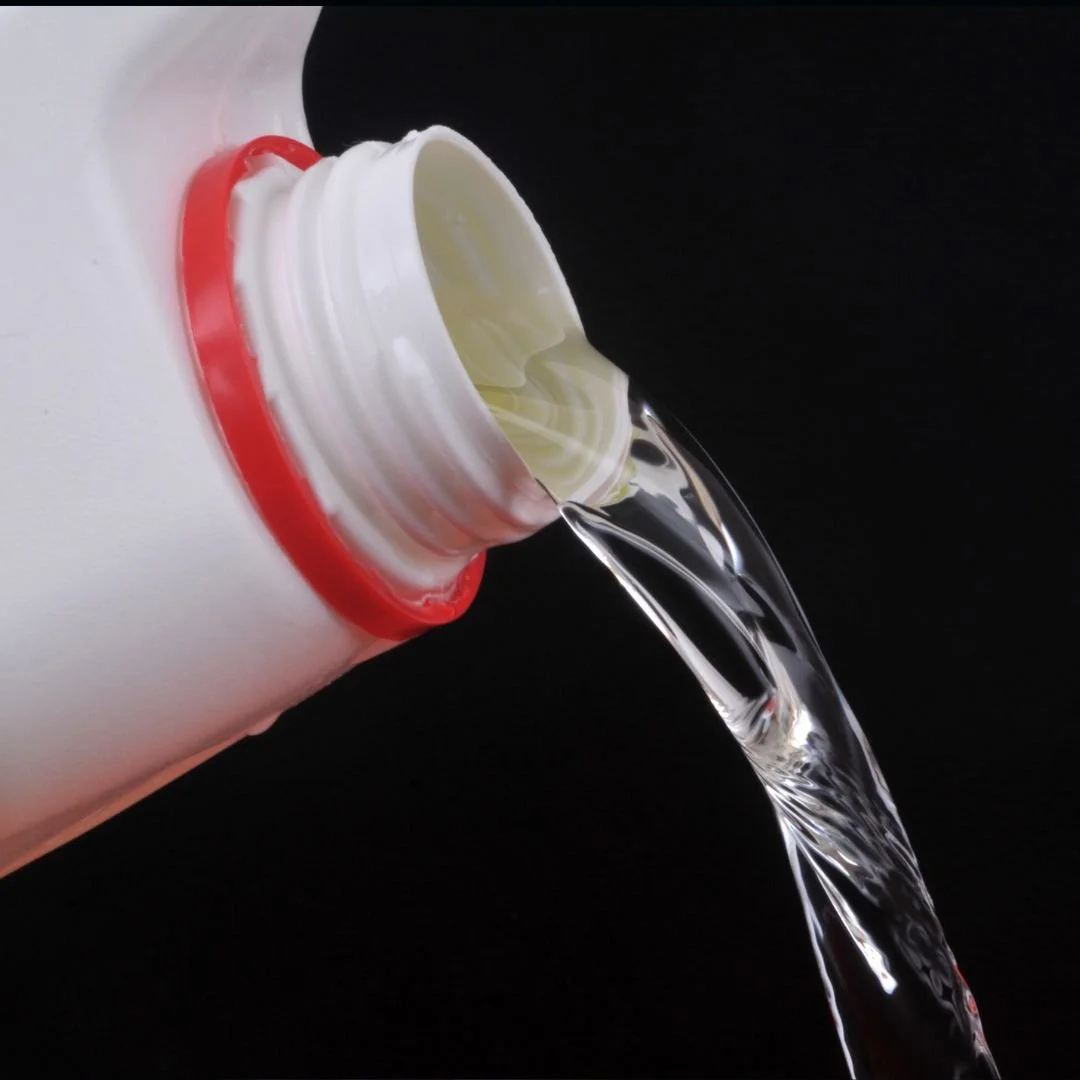Well Harvester® vs. Competitors: A 2026 Feature-by-Feature Breakdown
As we navigate the water challenges of 2026, homeowners with private wells are increasingly turning to advanced management systems to combat low yield issues.
A Guide to Water Storage Systems in 2026
Discover the ultimate water storage system for 2026 with our guide, spotlighting the Well Harvester—a smart, automated solution that keeps your well flowing and your home hydrated. Say goodbye to water woes and hello to the future of well water management—click to find out why it’s the best choice this year!
Understanding Well Water Regulations in 2026
Navigating well water regulations is essential for homeowners, contractors, and property developers who rely on private wells for their water supply. In 2026, regulations governing well construction, maintenance, and water quality continue to evolve, driven by concerns over groundwater protection, public health, and environmental sustainability.
The Complete Guide to Water Storage Tanks in 2026
Looking to improve your water storage options in 2026? Our complete guide to water storage tanks covers everything you need to know about this essential resource. Whether you’re dealing with low-production wells, low water pressure, or simply want a reliable emergency water supply, having the right storage tank can make a world of difference.
Atmospheric vs. Bladder Storage Tanks: Which is Best for Low Yields?
Tired of weak pressure, frequent pump cycling, and running out of water on your low-yield well? Bladder pressure tanks work for moderate wells, but atmospheric storage changes the game for truly low production. See the key differences in performance and why the Well Harvester’s smart atmospheric system delivers reliable volume and strong pressure where traditional bladder tanks fall short.
Running a Luxury Shower (Rain Heads & Body Sprays) on Well Water
Craving that spa-like rain shower and full-body spray experience at home? On a private well—especially a low-yield one—high-flow luxury showers can quickly turn into weak dribbles or mid-shower pressure drops. Discover why these systems demand 7–12+ GPM, how to tell if your well can handle it, and why the Well Harvester delivers strong, consistent flow for true luxury performance without stressing your pump or running dry.
Can I Fill a Swimming Pool or Hot Tub on a Low-Yield Well?
Dreaming of a backyard pool or hot tub but worried your low-yield well can’t handle the demand? Find out the real risks of over-pumping, smart ways to fill safely (even with very low production), and why the Well Harvester makes high-volume tasks like these reliable and stress-free without risking your pump or running dry.
What is "Water Hammer" in Well Systems and How to Stop It
That loud banging in your pipes every time the well pump stops or a faucet closes isn’t just annoying—it’s water hammer damaging your plumbing and pump over time. Learn the main causes in private well systems, simple fixes you can try at home, and how the Well Harvester eliminates the aggressive cycling that triggers these destructive pressure surges for quieter, longer-lasting performance.
Sudden Drop in Water Pressure: Check Valve vs. Pump Failure
A sudden plunge in water pressure can leave your home high and dry— but is it a cheap check valve fix or a costly pump replacement? Discover the key symptoms that tell the difference, simple at-home tests to pinpoint the problem, and how the Well Harvester prevents these pressure crashes in low-yield wells for reliable flow every time.
Why Do My Faucets "Spit" or Sputter Air?
If your faucets suddenly spit air or sputter like they're coughing, it's often more than just an annoyance—it's a warning sign from your well system. Find out the top causes (trapped air, failing pumps, low water levels) and easy troubleshooting steps, plus how solutions like the Well Harvester can deliver smooth, air-free flow without constant cycling or worry.
Negotiating House Prices Based on Well Inspection Results
Discovering serious issues during a well inspection doesn't have to kill the deal—it can actually save you thousands. Learn how savvy buyers use well problems to negotiate lower house prices and why solutions like the Well Harvester often turn low-yield wells into reliable assets without breaking the bank.
The "Drilling Deeper" Gamble: Why It Doesn’t Always Pay Off
Thinking of drilling your well deeper to solve low water flow?
Many homeowners regret it once the massive costs, inconsistent results, and hidden risks hit—discover why it’s often a losing gamble and a smarter alternative that actually works.
Water Well Drilling Costs in 2026
For homeowners considering a private well as a reliable, independent water source, understanding the associated costs is a critical first step. Drilling a well is a significant investment, shaped by factors such as depth, soil conditions, well type, and regional differences.
Does a Water Storage System Increase Property Value?
Discover how this smart upgrade delivers reliable well water, cuts long-term costs, and attracts buyers—especially with solutions like the Well Harvester®—making it one of the best investments for private-well properties. Read the full article now!
Selling a Home with a Low-Yield Well: Disclosures and Deal-Breakers
Discover the must-know disclosures that could save you from lawsuits, the hidden deal-breakers turning buyers away, and one smart upgrade that’s transforming low-yield wells from liability to asset.
FHA and VA Loan Requirements for Well Water: A 2025 Guide
Buying or selling a home with a private well using FHA or VA financing? Discover the non-negotiable water quality and flow rate standards you must meet in 2025, and how to keep your deal from failing if your well has low yield.
Should You Chlorinate Your Well? When and How to Properly Shock a Well
Tired of slimy red gunk in your toilet tank, rotten-egg smells that come and go, or (worst of all) a lab report showing coliform in your drinking water? Here’s exactly when you must shock your well with chlorine, when it’s a waste of time, and the step-by-step method that actually kills the bacteria instead of just making them angry—plus how modern storage systems like the Well Harvester® let you disinfect without leaving your family high and dry for a single day.
Testing and Mitigating Arsenic and Radon in Well Water
Your private well water might look crystal clear and taste perfectly fine—yet silently deliver arsenic that raises cancer risk or radon that becomes the second-leading cause of lung cancer in America. Discover exactly how to test for these invisible threats and the surprisingly effective ways to remove them before they harm your family.
Diagnosing and Replacing a Faulty Well Pressure Tank
Is your well pump short-cycling or your shower pressure fading mid-rinse? Discover how to diagnose and replace a faulty pressure tank in one afternoon—plus the innovative upgrade that can end low-yield headaches for good.
What Are Unconfined Aquifers? Everything Private Well Owners Need to Know
Think your well water is safe just because it’s “underground”? Here’s the truth most drillers won’t tell you: if you’re on an unconfined aquifer, everything happening on your land today is in your glass tomorrow—and one dry summer can empty it completely.



